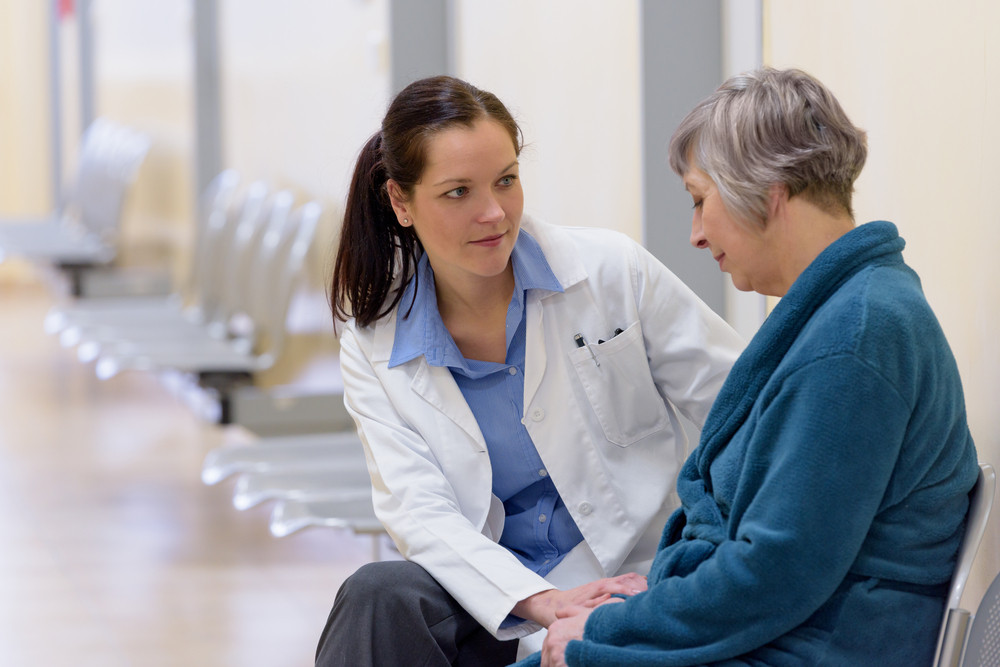Breast cancer is one of the most common cancers affecting women worldwide, but detecting it early greatly improves treatment outcomes and survival rates. With early detection, the chances of successful treatment and recovery are significantly higher. Here are some important steps you can take to detect breast cancer early and protect your health.
Regular Breast Self-Exams
Performing monthly breast self-exams is a simple yet effective way to monitor changes in your breasts and detect any abnormalities early on. During a breast self-exam, carefully examine your breasts for lumps, thickening, changes in size or shape, or any unusual discharge from the nipples. If you notice any changes or abnormalities, consult your healthcare provider promptly for further evaluation.
Clinical Breast Exams
Regular clinical breast exams by a healthcare professional are an essential part of early detection. During a clinical breast exam, your healthcare provider will carefully palpate your breasts and underarm area to check for any abnormalities or signs of breast cancer. It’s recommended to have a clinical breast exam at least once a year, starting in your 20s.
Mammograms
Mammograms are the gold standard for breast cancer screening and can detect cancerous growths before they are large enough to be felt. Women aged 40 and older should have a mammogram every 1-2 years, while younger women with a family history of breast cancer or other risk factors may need to start screening earlier. Mammograms can detect various breast abnormalities, including scattered fibroglandular densities, which may indicate the presence of breast cancer or other conditions.
Know Your Risk Factors
Understanding your risk factors for breast cancer can help you make informed decisions about screening and early detection. While some risk factors, such as age, gender, and family history, cannot be changed, others, such as maintaining a healthy weight, limiting alcohol consumption, and avoiding hormone replacement therapy, can be modified to reduce your risk. Talk to your healthcare provider about your individual risk factors and develop a personalized screening plan tailored to your needs.
Stay Informed
Stay informed about the latest recommendations and guidelines for breast cancer screening and early detection. Stay updated on advances in screening technologies and diagnostic tools, and don’t hesitate to ask questions or seek clarification from your healthcare provider. Being proactive and knowledgeable about breast cancer detection can empower you to take control of your health and well-being.
In conclusion, early detection is key to improving outcomes and survival rates for breast cancer. By performing regular breast self-exams, scheduling clinical breast exams, undergoing mammograms as recommended, knowing your risk factors, and staying informed, you can take proactive steps to detect breast cancer early and protect your health. If you have concerns about breast cancer or need guidance on screening and early detection, consult your healthcare provider for personalized recommendations and support.
